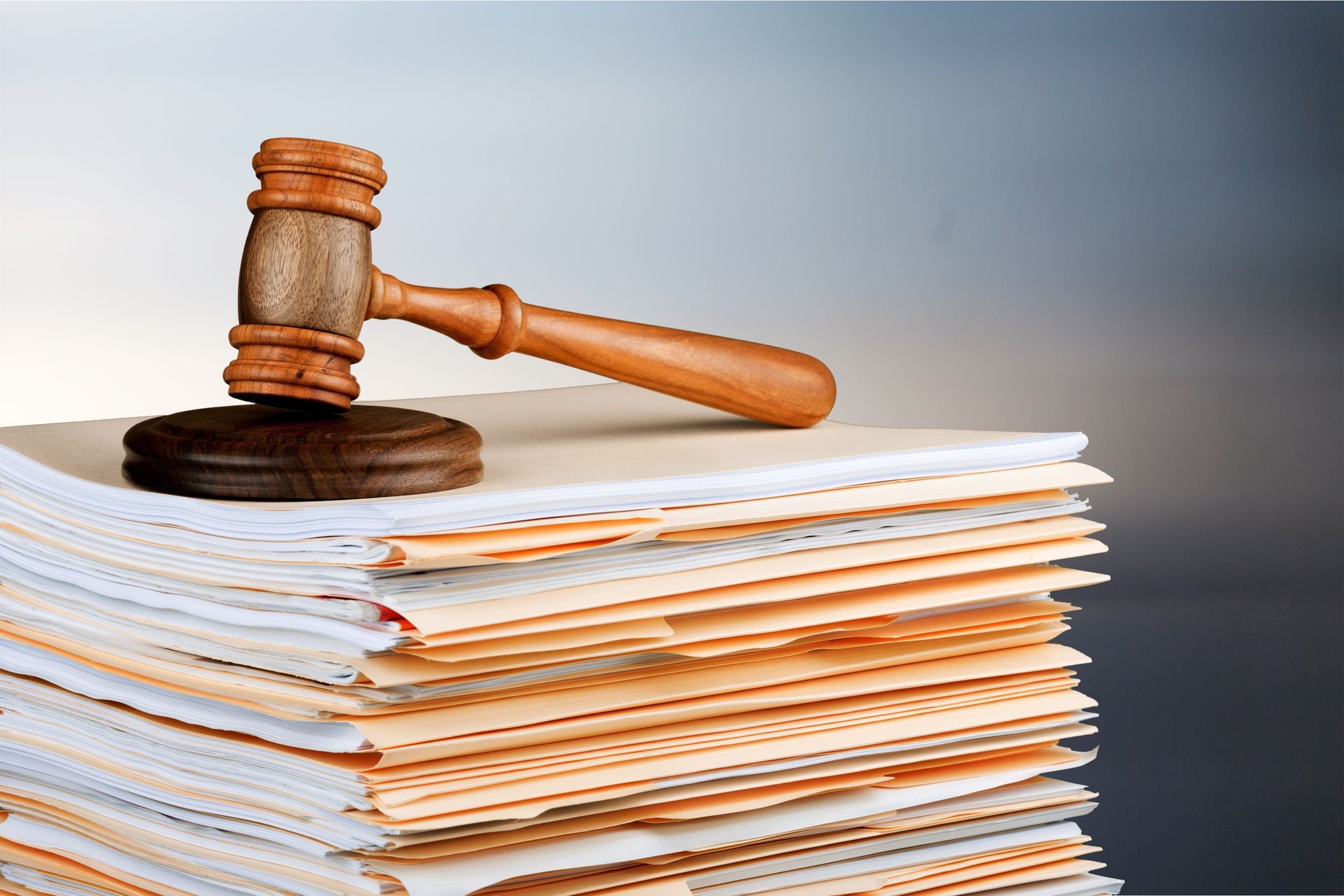Contesting a Will in New Jersey: What You Need to Know
Contesting a Will in New Jersey: What You Need to Know
Losing a loved one is difficult enough. But when questions arise about the validity of a will or the fairness of an estate distribution, grief can quickly turn into confusion, conflict, and legal uncertainty. If you believe a will is invalid or unfair, or if you suspect undue influence or executor misconduct, you may have the right to contest the will in probate court.
At The Law Offices of Jonathan Stone in Hackettstown, New Jersey, we help clients throughout the state resolve sensitive, high-stakes probate disputes. With a unique background as both an attorney and CPA, Jonathan Stone is equipped to analyze both the legal and financial complexities of contested wills — ensuring that your rights and your loved one’s intentions are respected.
⚖️ What Does It Mean to Contest a Will?
To contest a will means to formally challenge its validity in probate court. This legal action asks the court to determine whether the will reflects the true intent of the deceased or if there were issues like fraud, coercion, or legal mistakes that make the will invalid.
Not everyone can contest a will. In New Jersey, you must have standing, which typically includes:
- Heirs or beneficiaries who would inherit under a prior will or by law (if no will existed)
- Individuals named in a previous version of the will
- Creditors in some cases
🚨 Common Legal Grounds for Contesting a Will in NJ
To challenge a will, you must prove that one of the following issues applies:
1. Lack of Testamentary Capacity
The deceased (also called the testator) must have been of sound mind when creating the will. If they were suffering from dementia, mental illness, or another condition that impaired judgment, the will may be invalid.
2. Undue Influence
If someone (such as a caregiver or family member) manipulated the deceased into changing their will against their true wishes, that influence can invalidate the will.
3. Fraud or Forgery
If the will was forged, signed under false pretenses, or fraudulently altered, it may be challenged in court.
4. Improper Execution
New Jersey law requires wills to follow certain legal formalities (e.g., signatures, witnesses). Failure to meet these standards can make the document unenforceable.
📆 How Long Do You Have to Contest a Will in New Jersey?
Time is critical. In most cases, you have:
- 4 months from the date of probate (if you're a New Jersey resident)
- 6 months if you live outside the state
Acting quickly ensures you don’t lose your opportunity to challenge the will. Consulting with a probate litigation attorney early on allows for faster investigation and response.
📊 Why Legal and Financial Expertise Matter
Will contests often involve more than just the document itself — they can include complex financial records, real estate valuations, asset transfers, and fiduciary duties. As both a CPA and probate attorney, Jonathan Stone can:
- Examine estate accountings for red flags or irregularities
- Identify signs of fraud, concealment, or undue influence
- Build a clear case based on financial documentation and witness testimony
This combination of financial acumen and legal strategy gives clients a distinct advantage in court.
🛡️ Protecting Your Family and Your Future
If you’re involved in a probate dispute or believe a will is invalid, don’t wait to act. A contested estate can divide families, drain resources, and create years of unresolved legal tension. Whether you're a concerned heir, disinherited family member, or executor facing a challenge, The Law Offices of Jonathan Stone can help you navigate the process with professionalism and care.











